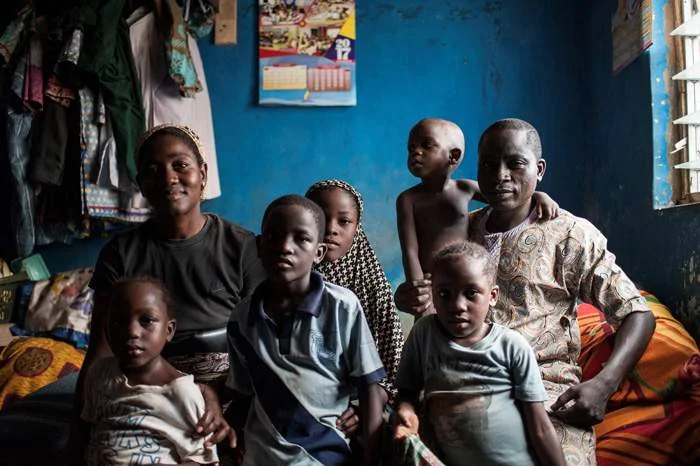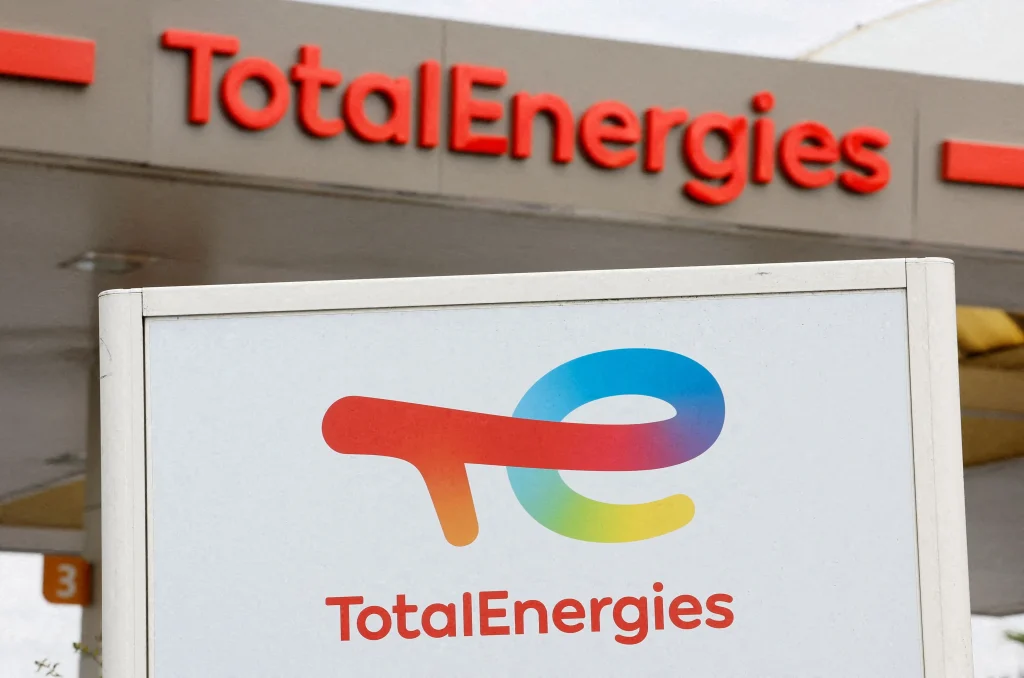In August 2020, Nigeria grappled with the Delta variant of SARS-CoV-2, first detected in a traveler, per Nigeria Centre for Disease Control (NCDC). Its high transmissibility and viral load drove surges globally, including in Asia and Africa, overwhelming hospitals even in vaccinated nations like Israel, per WHO.
Nigeria reported 46,577 cases and 945 deaths by August 10, 2020, but the true scale of Delta’s impact remained unclear due to faltering surveillance, per NCDC.
Testing and Surveillance Failures
Nigeria’s testing capacity crumbled, with 13 states halting COVID-19 tests and others relying on costly private labs, excluding many citizens, per The Conversation. Only 4.2 million samples were tested from February 2020 to February 2022, per PMC.
Genomic sequencing, critical for identifying variants, occurred at just three institutions—NCDC, ACEGID, and NIMR—covering only 0.03% of cases, compared to 48% in Australia, per BMJ. “Without systematic genomic studies, we can’t track Delta’s spread or new variants,” said public health expert Doyin Odubanjo.
Healthcare System Overwhelmed
Nigeria’s healthcare system, already fragile, faced collapse risks. Low staff morale, health worker migration, and strikes crippled hospitals, with bed shortages and limited oxygen reported, per The Conversation.
By August 2020, Nigeria’s 200,000 healthcare workers served 200 million people, a ratio of 1:1,000, per WHO. The Delta variant’s severity, requiring more hospitalizations, exacerbated these strains, with no surge capacity, per BMJ.
Public Distrust and Pandemic Fatigue
Public distrust grew due to economic hardship and perceived mismanagement of COVID-19 funds, per PMC. Only banks and hospitals enforced masks and distancing, and lockdown compliance waned, risking civil unrest if enforced, per The Conversation.
“Pandemic fatigue and a politically charged environment make non-pharmaceutical measures nearly impossible,” Odubanjo noted, highlighting a disconnect between government and citizens.
Response and Recommendations
The NCDC initiated travel bans and mandatory quarantines in May 2021 to curb Delta’s spread, per Exemplars in Global Health. However, in August 2020, Nigeria lacked systematic genomic surveillance, with only 100 weekly samples sequenced by 2021, per BMJ.
Experts urged public testing expansion, community engagement, and border monitoring to manage Delta, per The Conversation. The 3.9 million AstraZeneca doses received in March 2021 via COVAX offered hope, but only 1.8% of Nigerians were vaccinated by August 2020, per WHO.
Critical Outlook
Nigeria’s response suffered from underfunded infrastructure and eroded trust, with government opacity fueling skepticism, per Amnesty International. Private lab reliance deepened inequities, as costs excluded low-income citizens.
While later efforts like NCDC’s 2021 genomic strategy showed progress, per WHO, the lack of political will in 2020 risked a devastating wave, underscoring the need for sustained investment and transparency.






